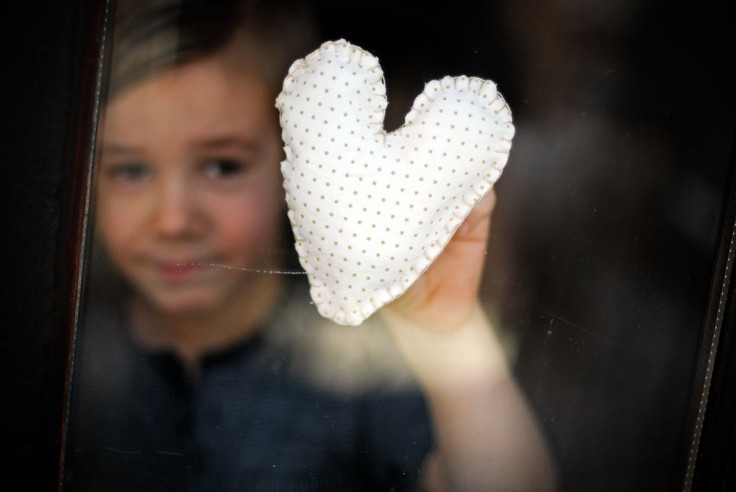PTSD Common Among Parents Whose Children Have Suffered A Stroke

A pediatric stroke is a life-changing event for any child, and their parents. A recent study presented at the American Stroke Association's International Stroke Conference 2015 has found that parents of a child who has suffered a stroke often experience post-traumatic stress disorder (PTSD). Clearly, parents in a shoddy psychological state may not make the best decisions when it comes to their child’s treatment and recovery.
"We were prompted to look at this issue based on our own clinical experiences here at Boston Children's Hospital," Dr. Laura Lehman, lead researcher and neurologist at Boston Children's Hospital, said in a statement. "When something happens to a child, it happens to the whole family. The psychosocial part of recovery after stroke is just as important as the physical recovery, so our hope is to use this data to more effectively treat these families."
Lehman and her colleagues recruited 10 fathers and 23 mothers of children ranging from infants to teenagers who were asked to participate in research conducted at Boston Children’s Hospital. Data also included nine pediatric stroke patients between the ages of 7 and 18 who experienced their strokes in either 2013 or 2014. The research team evaluated parents for symptoms of PTSD, such as reliving a traumatic event a few months after it occurred, emotional distress, recurrent negative thoughts, feeling hopeless about the future, and avoiding a situation that may bring back memories of the event.
While 55 percent of the parents experienced at least one symptom of PTSD, 24 percent met the full criteria for PTSD. No children showed signs of PTSD, but 22 percent had significantly higher levels of anxiety. Lehman also highlighted research in the past that has tied PTSD to parents of critically ill children, children who were treated in a pediatric intensive care unit for cancer or other life-threatening diseases, and children who have undergone an organ transplant. Symptoms of PTSD sometimes don’t occur until several months or even years after a traumatic event.
"Our concern is that PTSD in parents of a child with stroke or pediatric stroke patients experiencing anxiety may have a harder time complying with therapy, which could affect health outcomes of the child," Lehman added. "The data are preliminary, but we could use this information to screen families for potential PTSD and emotional problems after stroke so that we can plan more targeted interventions, such as support groups, and determine who is at risk. We want to ensure that PTSD or other emotional problems do not interfere with the child's recovery."
Although many Americans consider stroke to be a problem for older men with heart issues, stroke is actually one of the top causes of death for children in the U.S. According to the American Stroke Association, around 3,000 children and young adults experience a stroke each year, 20 to 40 percent of which die following their stroke. Common causes of an ischemic stroke in children include congenital heart problems, sickle cell disease, and blood clots forming in the heart and traveling to the brain.
Source: Mrakotsky C, Rivkin M, Islam F, Maletsky K, Lehman L. Parents experience post-traumatic stress disorder after child’s stroke. International Stroke Conference. 2015.



























